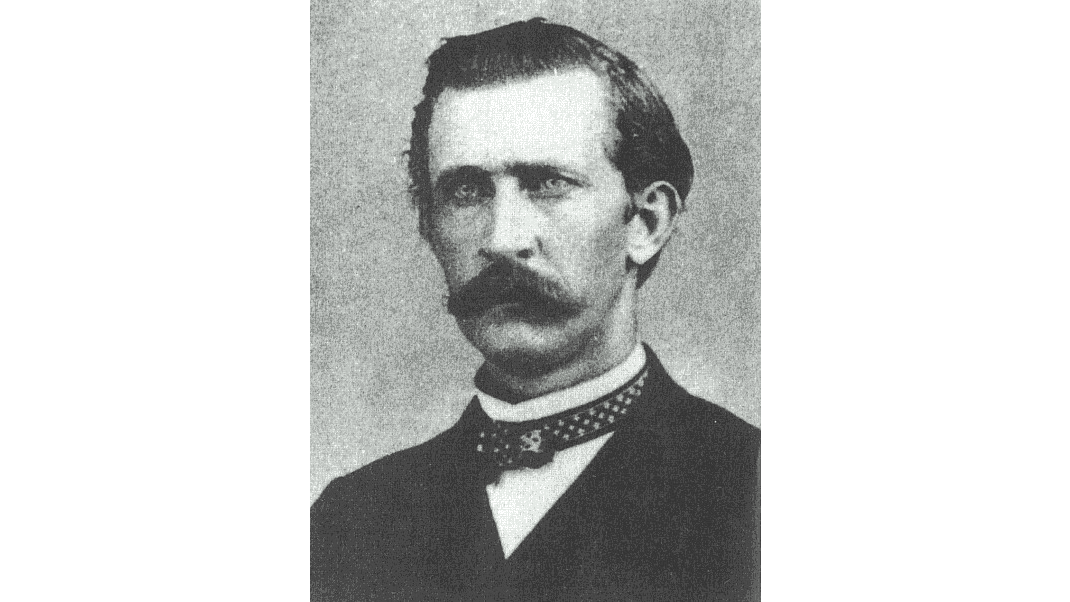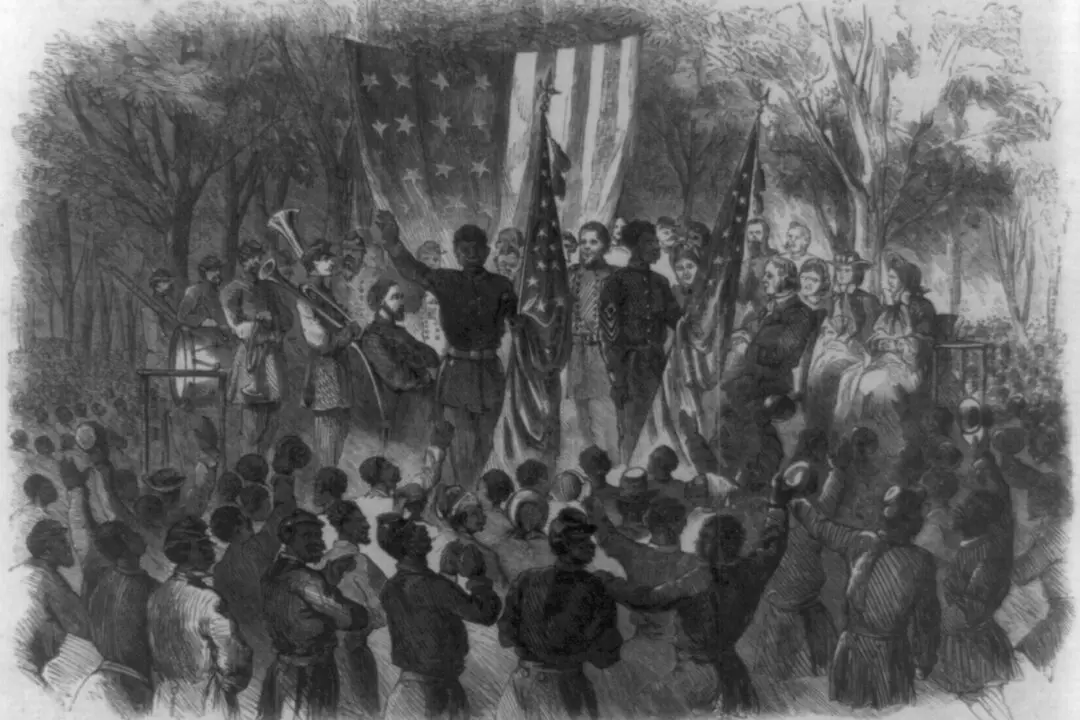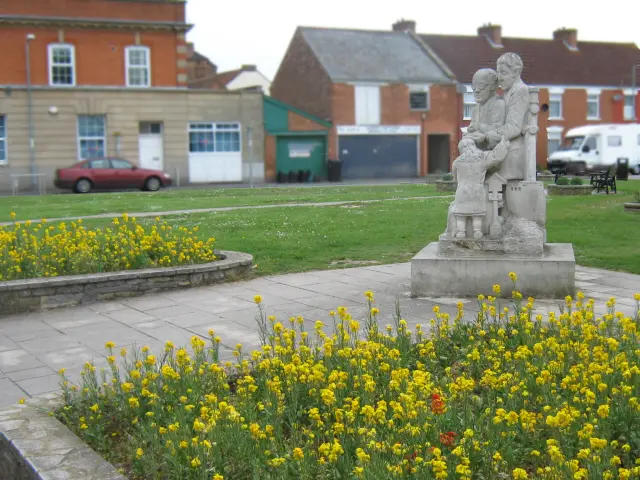Horace Bell (1830–1918) had a spirit for adventure, and he found it out in the American West. In lawless, early California, Bell spent his life fighting for justice. In his later years, he built a writing career labeling himself a “Truthful Historian,” although some of his readers claimed he liked to exaggerate. Irrespective, Bell’s writings painted a vivid picture of what life was like in California in the mid-1800s.
Bell was born in Indiana in 1830 and received his education in Kentucky. Like many Easterners, gold fever hit Bell in 1850, and he headed to the new state of California. After mining for a couple years with little luck, in 1852 Bell visited his uncle who lived in Los Angeles. He soon settled there.






